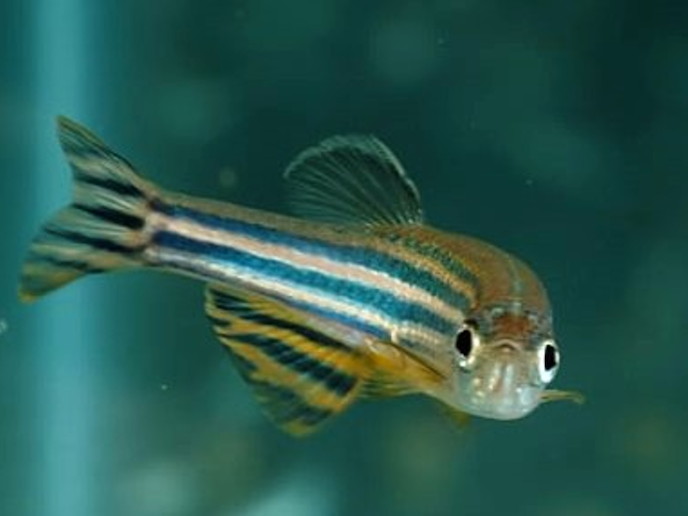Revealing the role T follicular helper cells and the germinal centre play in decreased vaccine efficiency in older people
Vaccinations stimulate the immune system to produce antibodies and memory T- and B-cells(opens in new window) that provide protection against subsequent infection. In older people the immune response to vaccination is more limited than in younger adults, reducing the production of protective antibodies and memory immune cells. The European Research Council(opens in new window) funded TWILIGHT project used human vaccination studies and work with mice to compare vaccination responses in younger and older individuals. “We found that older mice and humans have impaired T follicular helper cell and germinal centre responses after vaccination. But that the right stimulation can correct this response(opens in new window),” says Michelle Linterman from the Babraham Institute (project host). Alongside the mooted use of imiquimod(opens in new window) to boost the immune response, the team also found that boosting the gut microbiome in older mice increased an immune response in their guts, an organ particularly susceptible to age-related decline. The findings are directly relevant to the fight against COVID-19: age is one of the most significant risk factors for poor health outcomes after SARS-CoV-2 infection. The team have used the skills and knowledge gained during TWILIGHT to evaluate how one of the top COVID vaccines functions in older bodies and to determine the possibility of enhancing its immunogenicity in this age group. This work is currently being finalised for publication.
The importance of the germinal centre response
The germinal centre is a specialised microstructure that forms in the lymph nodes and spleen and contains immune cells that respond to infection or vaccination. These B-cells and CD4+ T-cells work together to produce long-lived antibody secreting cells and memory cells that can provide protection against subsequent infection. TWILIGHT was especially interested in one of these cell types, from the population of CD4+ T-cells, called T follicular helper cells(opens in new window). These cells help B-cells in the germinal centre turn into antibody-secreting cells and memory B-cells, to fight future infections. Without them the germinal centre response cannot spring into action. TWILIGHT found that it was the surrounding aged micro-environment, rather than age-related changes in the T follicular helper cells and B-cells themselves, that were one of the causes of impaired vaccine response. “This was a surprise and has changed the way we think about the problem and the types of analyses required to understand age-related decline. It implicates the cells that constitute this micro-environment – such as innate immune cells, stromal cells and the lymph nodes themselves – in age-related decline,” explains Linterman. TWILIGHT showed that, in aged mice, dendritic cells(opens in new window) which normally deliver antigens(opens in new window) to T follicular helper cells to trigger an immune response, were impaired. However, the team found that this could be corrected by applying imiquimod(opens in new window) which stimulated the dendritic cells back into action.
Healthy ageing
As ageing is accompanied by a functional decline of the immune system, overall susceptibility to infections becomes a major cause of morbidity and mortality in older people. While vaccinations have proven successful in preventing infectious disease, depleted immunity leads to increasing rates of preventable disease in older people, even with good immunisation programmes in place. “Our knowledge can help improve vaccine efficacy in older individuals enabling all of us to be healthier and more active throughout our lives,” adds Linterman. The team are working to further understand the specific cellular and molecular changes that occur in the aged micro-environment.







